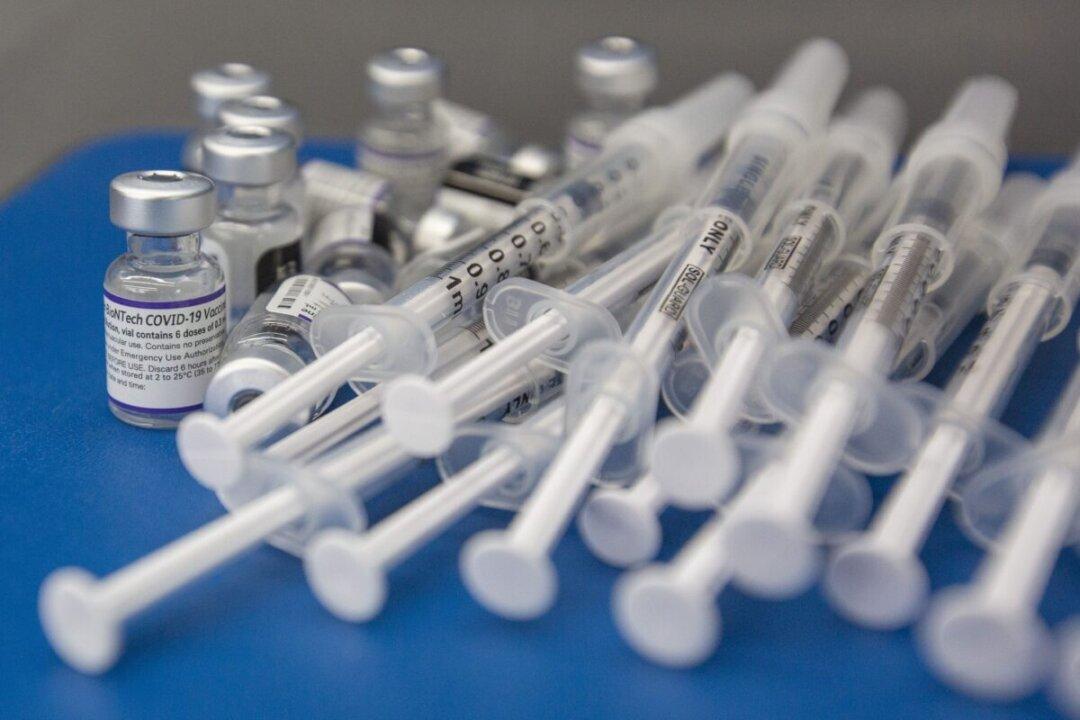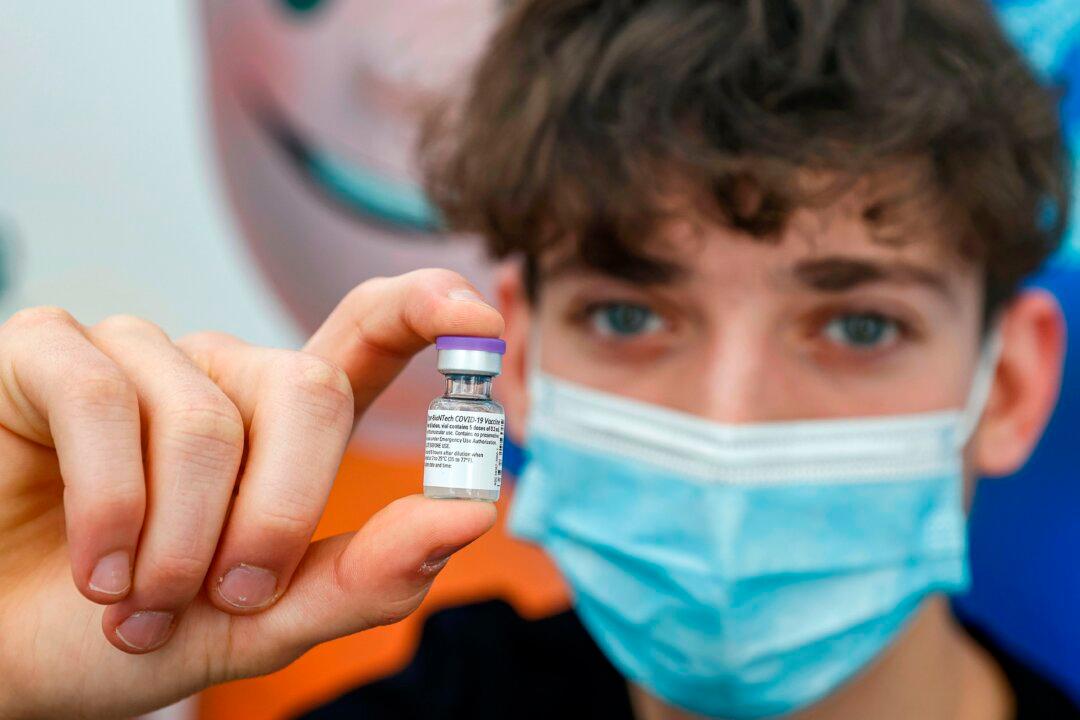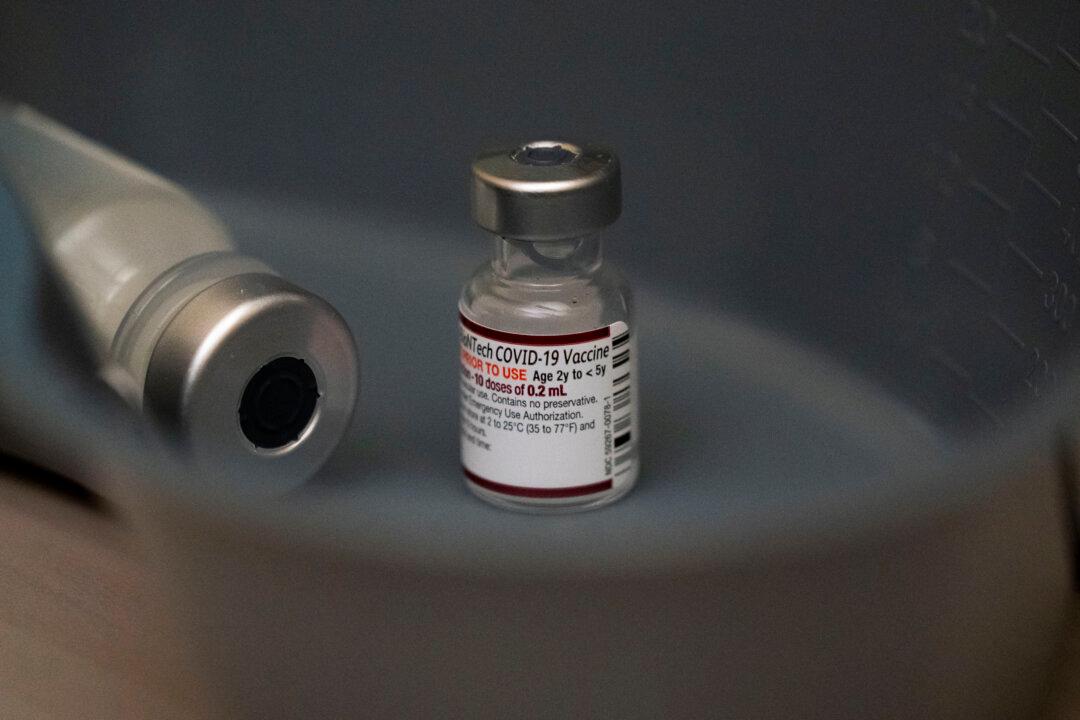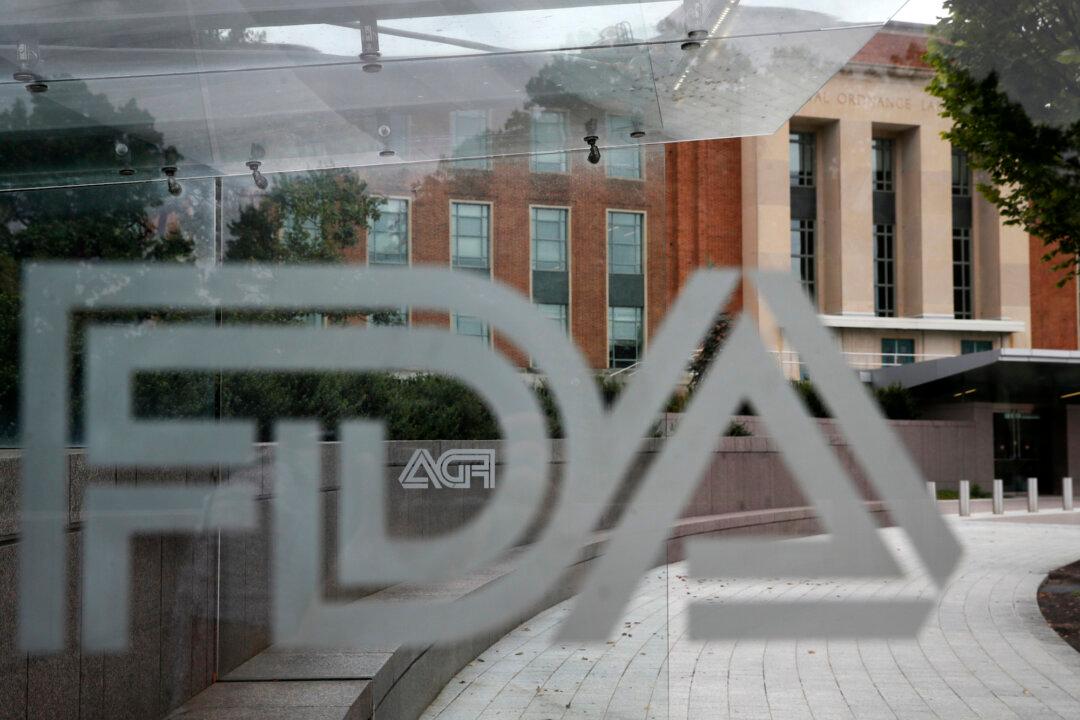A study published in late August found that 345 people in England died of myocarditis in one year, all vaccinated with one of three COVID-19 vaccines.
The study, conducted from December 2020 to December 2021, looked at deaths after a hospital stay for myocarditis or with myocarditis listed as a cause of death on a death certificate among 42.8 million vaccinated people in England aged 13 and older.




